The US Justice Department announced Wednesday it is launching a federal civil probe into policing practices in Minneapolis.
The broad federal investigation follows the murder convictions of former officer Derek Chauvin in the death of George Floyd, something experts say is very rare in law enforcement. The announcement also follows – and will run in conjunction with – the current investigation into Minneapolis Police Department (MPD) by the Minnesota Department of Human Rights (MDHR), which was launched in June 2020.
What the federal investigation is doing is assessing MPD’s uses of excessive force, examining if the department misrepresents interactions in its community and reviewing MPD’s “systems of accountability,” according to Attorney General Merrick Garland.
Garland did not specify exactly the time frame or what cases would be examined in this probe. Since 2015, there have been at least seven deaths in Minneapolis and its surrounding areas that have made national headlines.
“The highest, the biggest profile cases in history have come from the state of Minnesota,” said Toshira Garraway Allen, founder of Families Supporting Families Against Police Violence, a group that supports families in Minnesota that have lost loved ones to police violence. “It is clear that it is a problem here in the state of Minnesota.”
Here are just some of the cases the Justice Department could include in their investigation:
Jamar Clark, fatally shot by police in 2015
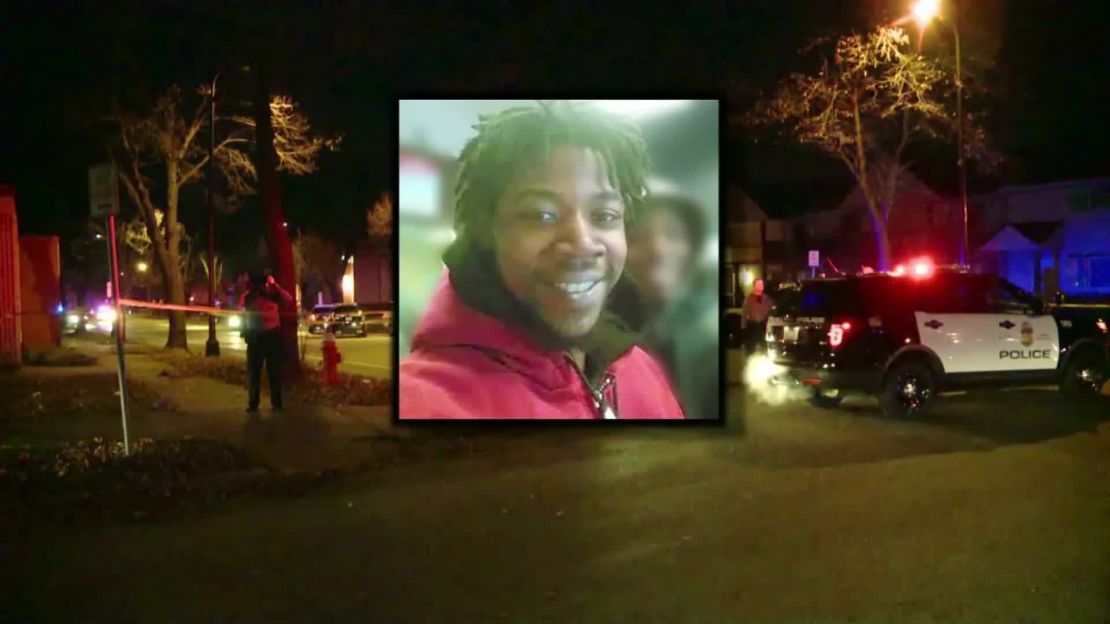
Jamar Clark, 24, was shot during a scuffle with White officers in front of an apartment building on November 15, 2015.
Officer Dustin Schwarze shot Clark after Officer Mark Ringgenberg scuffled with Clark, according to a 2016 Minnesota Bureau of Criminal Apprehension (BCA) investigation. Clark allegedly took control of the officer’s gun and Ringgenberg told Schwarze to open fire.
The shooting sparked weeks of protests, including an 18-day sit-in at a police station in the city’s north end.
An internal investigation by MPD concluded in 2016 that the two officers did not violate department policies and will not face discipline.
Philando Castile, fatally shot by police in 2016
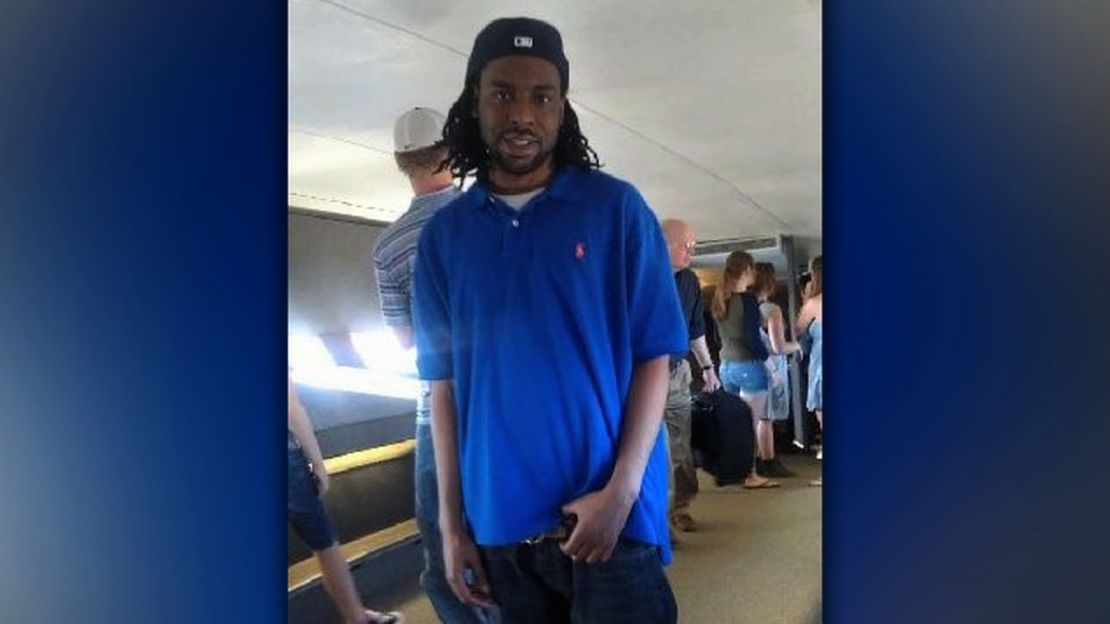
Philando Castile, 32, was killed by a police officer in the St. Paul suburb of Falcon Heights on July 6, 2016, during a traffic stop.
The officer fired seven shots into Castile’s car after Castile said he had possession of a firearm.
Castile’s death garnered widespread attention – and sparked nationwide protests over the use of force by police – after his girlfriend broadcast the shooting’s aftermath on Facebook Live.
Officer Jeronimo Yanez was acquitted in 2017 of second-degree manslaughter and two counts of intentional discharge of firearm that endangers safety.
Justine Ruszczyk, fatally shot by police in 2017

Justine Ruszczyk, 40, was shot and killed on the night of July 15, 2017.
Ruszczyk, who had relocated from her native Australia to Minneapolis to live with her fiancé, called 911 to report a possible sexual assault in an alley behind her house.
Former Minneapolis police officer Mohamed Noor and another officer responded to the scene, where Noor shot Ruszczyk. She was standing outside the driver’s side door, according to a criminal complaint.
Noor was convicted on charges of third-degree murder and manslaughter. He was sentenced to 12? years in prison.
MPD also reached a settlement with Ruszczyk’s family for $20 million.
Thurman Blevins, fatally shot by police in 2018
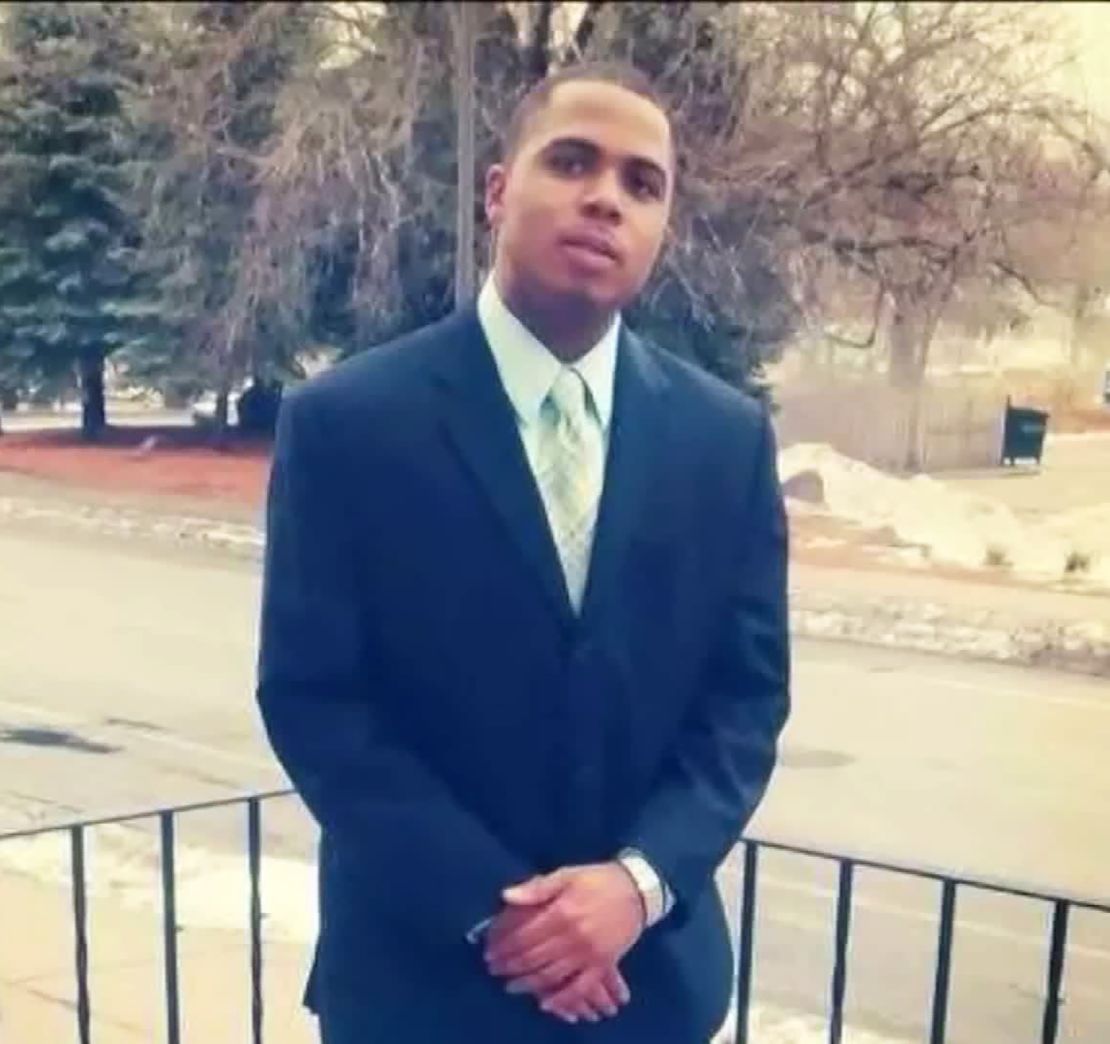
Thurman Blevins, 31, was shot on June 23, 2018, after police received a call of a man firing a handgun into the air and into the ground in a residential area in Minneapolis.
Hennepin County Attorney Mike Freeman said at the time the officers fired only after Blevins grabbed his loaded firearm and turned toward the officers. Based on evidence from the crime scene, interviews with witnesses, and police body-camera footage, Freeman said the officers were authorized to fatally shoot Blevins.
The foot chase and fatal shooting of Blevins was caught on both officers’ police body-cameras, and the video footage was released to the public by the city.
Neither of the officers involved in the shooting faced criminal charges.
Travis Jordan, fatally shot by police in 2018
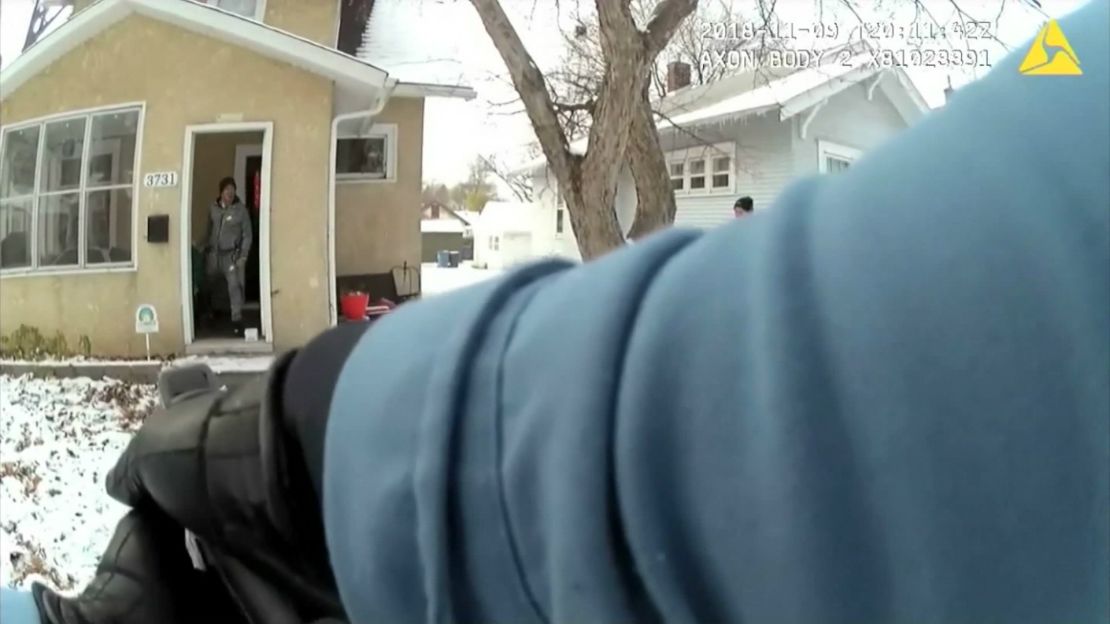
Travis Jordan, 36, was killed by two Minneapolis police officers at his home on November 9, 2018, after his girlfriend called 911 “to report that he told her over the phone” he was going to kill himself, CNN affiliate WCCO reported.
“When the officers arrived at the home … Jordan didn’t respond to their door knocking,” WCCO reported. “Body camera footage shows both officers pulling out their guns before Jordan opens the front porch door” holding a knife.
After he stepped toward the officers, they opened fire.
The Hennepin County Attorney’s office announced in January 2019 that the two officers involved in Jordan’s shooting were “justified in using deadly force.”
George Floyd, murdered by an officer in 2020
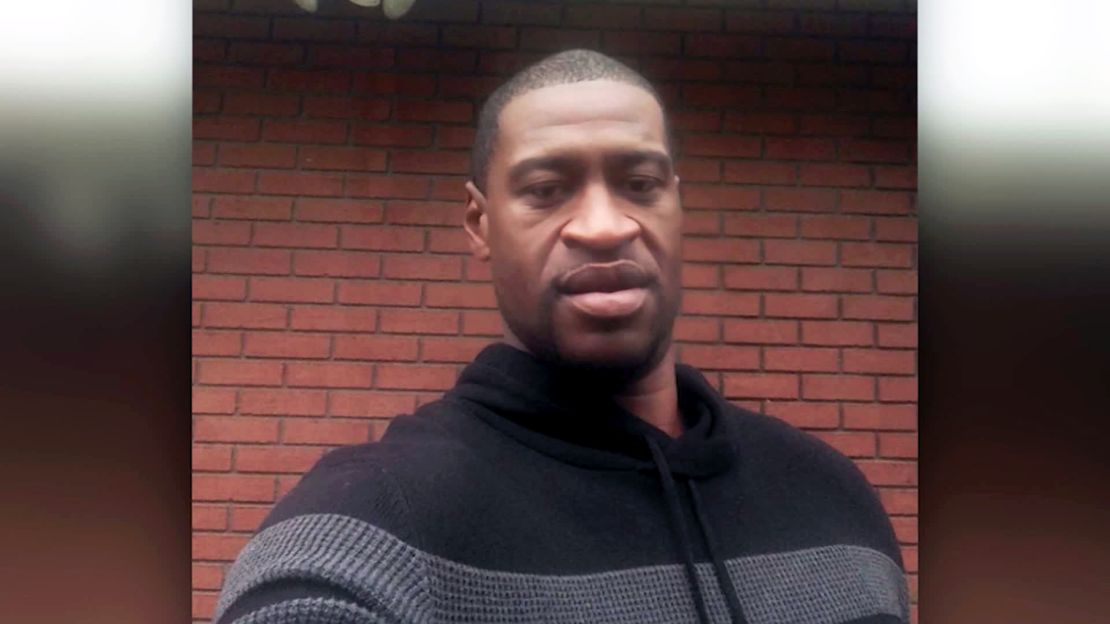
George Floyd died May 25, 2020, after former officer Derek Chauvin knelt on Floyd’s neck for 9 minutes and 29 seconds.
Video of Floyd’s death sparked a year of protests and calls for police reform after he and other Black Americans – like Breonna Taylor and Ahmaud Arbery – died at the hands of police.
Chauvin was convicted of second-degree unintentional murder, third-degree murder and second-degree manslaughter.
Daunte Wright, fatally shot by police in 2021
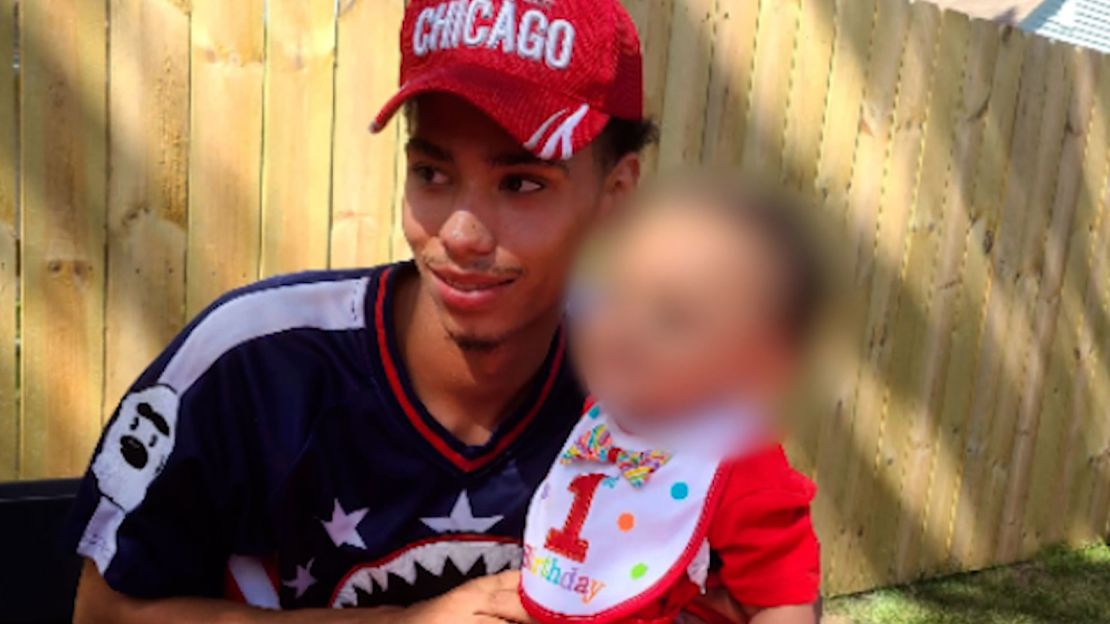
Daunte Wright was shot by former Brooklyn Center Police Officer Kim Potter on April 11, 2021, during a traffic stop.
Protests erupted after Wright’s death and the release of body camera footage of the shooting.
Potter submitted her resignation letter from the department and has been charged with second-degree manslaughter.
CNN’s Eric Levenson, Amanda Watts, Melissa Alonso, Ralph Ellis, Bill Kirkos, Nicole Chavez, Adrienne Broaddus, Emma Tucker, Mark Morales and Priya Krishnakumar contributed to this report.

